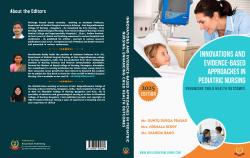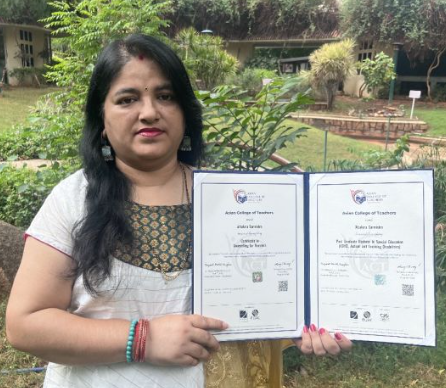PEDIATRIC PAIN MANAGEMENT: EVIDENCE-BASED STRATEGIES FOR EFFECTIVE RELIEF
Abstract
Pediatric pain management is essential for ensuring effective relief while addressing the emotional and developmental needs of children. Pain in children can result from injuries, medical procedures, chronic conditions, or post-surgical recovery. An effective approach combines pharmacological methods (such as acetaminophen, ibuprofen, and opioids for severe cases) with non-pharmacological techniques like cognitive-behavioral therapy (CBT), distraction, guided imagery, and parental support. Studies show that a multimodal strategy enhances pain relief by up to 90%, improving both physical comfort and emotional well-being. Age-appropriate pain assessment tools help tailor interventions to individual needs. Parental involvement also plays a significant role in reducing stress and anxiety in children. However, challenges remain, including under-assessment of pain, concerns over opioid use, and lack of awareness about holistic approaches. Addressing these requires training healthcare professionals and integrating evidence-based, patient-centered strategies. By combining medical, psychological, and emotional support, pediatric pain management ensures optimal care, better recovery outcomes, and an improved quality of life for children and their families.









